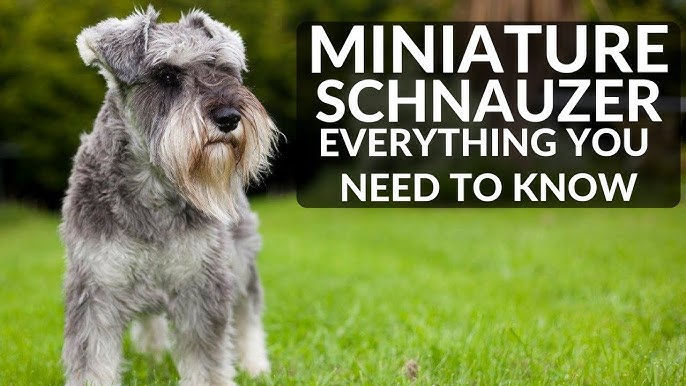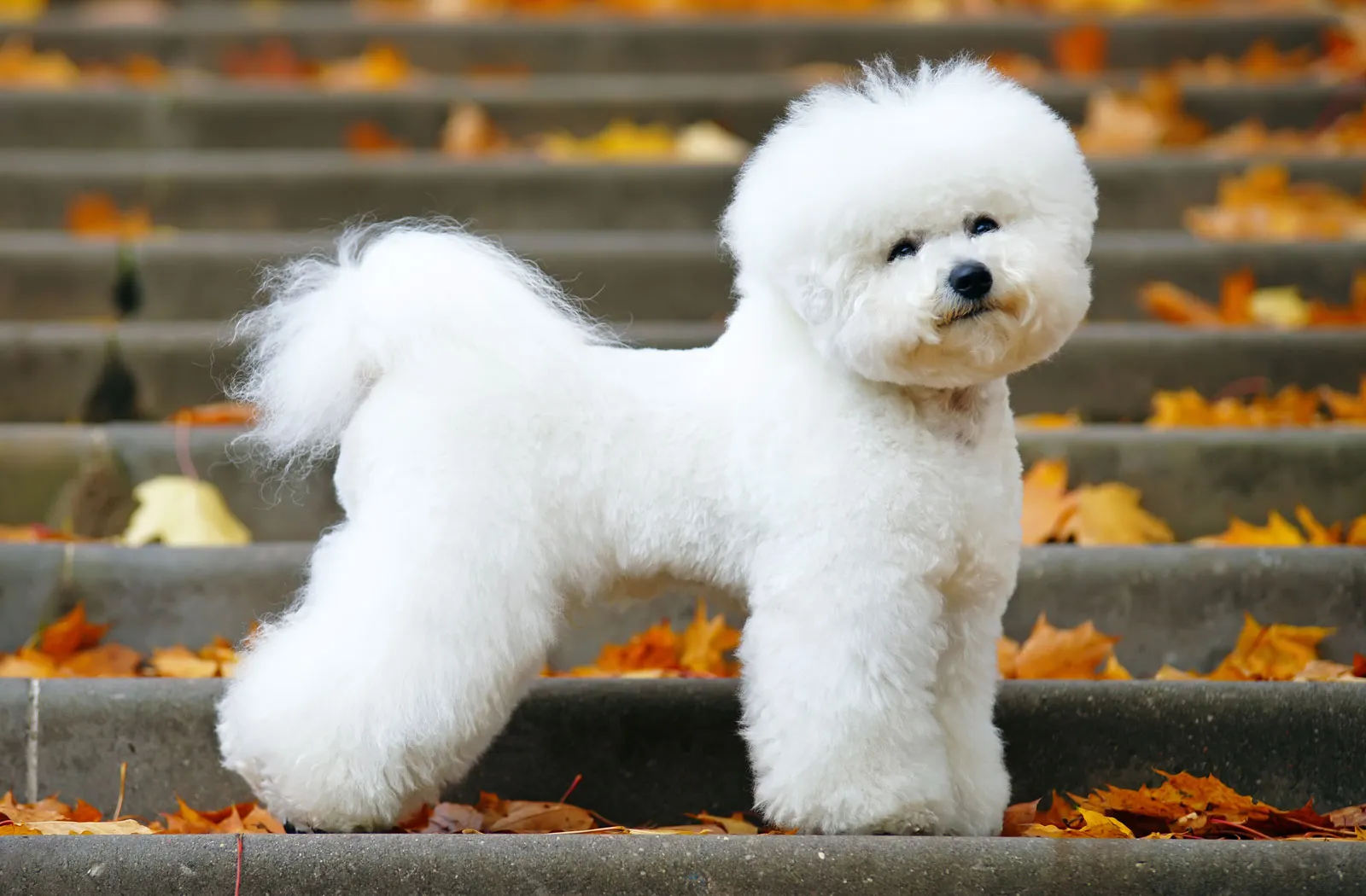🐶 Miniature Schnauzer: The Complete Guide
📌 General Information
- Origin: Germany
- Category: Terrier
- Size: Small
- Weight: 5–9 kg
- Height: 30–36 cm
- Lifespan: 12–15 years
- Coat: Double coat – wiry topcoat and soft undercoat
- Colors: Salt and pepper, black and silver, pure black
🧠 Personality & Temperament
Miniature Schnauzers are known for being friendly, alert, and intelligent. They:
- Have a spunky personality and are full of energy
- Are playful and curious
- Often act as watchdogs due to their alert nature, but aren’t excessively barky
- Are very loyal to their families and form strong bonds
- Are generally good with children and other pets, though they can be a little stubborn
They require plenty of mental stimulation and thrive in households that can give them attention.
🏡 Apartment Living
✅ Miniature Schnauzers are well-suited for apartment living, though they do need:
- Regular exercise: They are active but adapt well to smaller spaces
- Mental stimulation: Toys and interactive games to keep them entertained
- Socialization: They enjoy being around people and may get anxious if left alone for too long
If you can provide daily walks, playtime, and attention, they’ll be happy in an apartment setting.
✂️ Coat Care & Grooming
Miniature Schnauzers have a wiry coat that requires regular grooming to prevent matting:
- Brushing: Brush at least 2–3 times a week
- Professional grooming: Every 6–8 weeks for hand-stripping or clipping
- Bathing: Every 4–6 weeks or as needed
- Ear care: Clean their ears regularly to avoid infections
- Nail trimming: Every 2–3 weeks
Since their coat is hypoallergenic, they’re a good option for people with mild allergies, but their grooming needs are high.
🏃 Exercise Needs
Miniature Schnauzers are active and need both physical and mental exercise:
- Daily walks: 30–45 minutes
- Playtime: Interactive games like fetch or tug-of-war
- Training sessions: These dogs love challenges, so basic obedience or trick training can keep their minds sharp
They may enjoy dog sports like agility, as they are highly trainable and energetic.
🎓 Training Miniature Schnauzer
Miniature Schnauzers are intelligent but can be a little stubborn, so consistent training is key. Here’s how to train them:
🐾 1. Start Early
- Begin training and socialization early (around 8 weeks) to ensure they grow into well-mannered adults.
- Expose them to different environments, sounds, and people.
🐾 2. Use Positive Reinforcement
- Reward with treats and praise when they follow commands.
- Avoid punishment-based training, as it can cause anxiety or fear.
🐾 3. Short, Fun Training Sessions
- Keep training sessions around 5–10 minutes to avoid frustrating them.
- Use toys, games, and treats to keep them engaged.
🐾 4. Consistency is Key
- Stick to the same commands and rules to avoid confusion.
- Practice daily so they remember commands.
🐾 5. Address Behavioral Issues Early
- Miniature Schnauzers can be prone to excessive barking or digging, so train them to minimize these behaviors early on.
- Use commands like “quiet” to curb unnecessary barking.
🐾 6. Socialization
- Introduce them to other dogs and pets at an early age to ensure they are well-rounded.
- Socialization helps prevent territorial or aggressive behavior.
🍽️ Nutrition
Miniature Schnauzers need a balanced diet to stay healthy:
- Food type: High-quality kibble for small breeds
- Portion size: 1 to 1.5 cups per day, divided into 2 meals
- Avoid overfeeding: Be cautious with treats to prevent obesity.
- Special considerations: They are prone to pancreatitis, so avoid fatty foods.
Always provide fresh water and consult your vet for specific dietary recommendations.
❤️ Common Health Issues
While Miniature Schnauzers are generally healthy, they may be prone to certain conditions:
- Pancreatitis: Due to their high-fat sensitivity
- Dental problems: Their small mouths can lead to dental issues
- Hip dysplasia: Less common, but possible in some lines
- Eye issues: Cataracts or progressive retinal atrophy
- Bladder stones: More common in males
- Cushing’s disease: A condition that affects the adrenal glands
Regular vet check-ups and a healthy diet can help manage these risks.
🛏️ Lifestyle
- Miniature Schnauzers adapt well to various living conditions, from apartments to houses with yards.
- They enjoy being the center of attention and don’t like being left alone for long periods, which can lead to separation anxiety.
- They are a good fit for families, singles, and active individuals who can provide them with the exercise and mental stimulation they need.
📋 Checklist for New Owners
✅ High-quality dog food
✅ Grooming tools (brush, comb, clippers)
✅ Dog bed and crate
✅ Interactive toys for mental stimulation
✅ Regular vet visits
✅ Socialization and training classes
🐾 Conclusion
Miniature Schnauzers are a loyal, energetic, and charming breed. With their alert nature, they make great watchdogs while also being affectionate companions. Though they do require a bit of grooming and training, their playful personality and intelligence make them an enjoyable and rewarding pet. Whether you live in an apartment or a house, the Miniature Schnauzer will bring joy to your life as long as you provide them with proper care, attention, and training.


